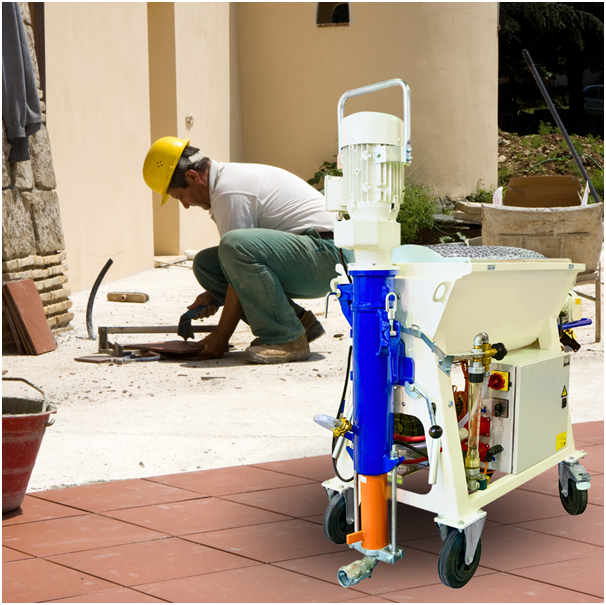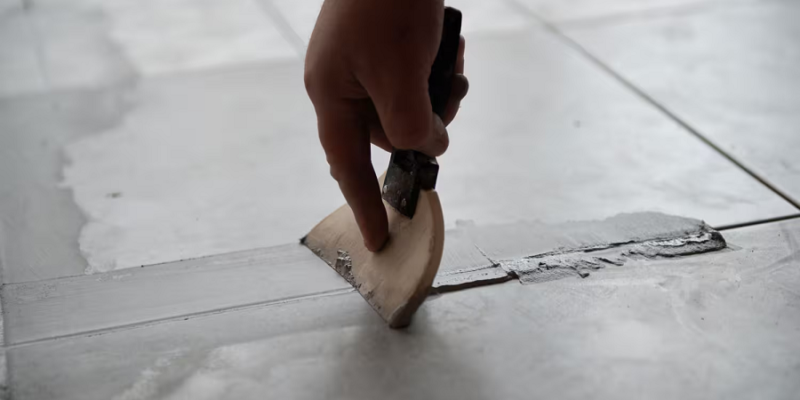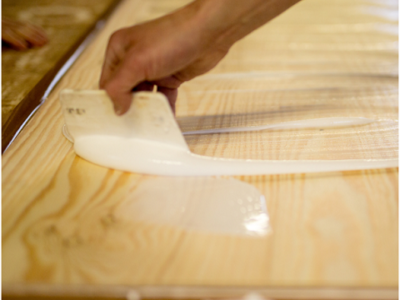I. Introduction
Grouting plays a crucial role in construction projects, ensuring structural integrity and longevity. When it comes to grouting, two prominent options are often considered: polyurethane grout and cement grout.
Each has its own set of characteristics and properties that cater to different needs in construction. In this article, we will delve into the world of grouting, comparing the features of polyurethane grout and cement grout to help the people of Singapore make informed decisions in their construction projects.
II. Overview of Polyurethane Grout
A. Definition and Composition
Polyurethane grout is a versatile material widely used in construction for various applications. It is composed of polyurethane, a polymer that results from the reaction between isocyanates and polyols. This chemical composition gives polyurethane grout its unique properties that set it apart from traditional cement grout.

B. Characteristics and Properties
Flexibility
One of the standout features of polyurethane grout is its exceptional flexibility. Unlike cement grout, which tends to be rigid, polyurethane grout possesses a degree of elasticity. This flexibility allows it to withstand movement in the underlying structure, making it an excellent choice for areas prone to ground shifts or settling.
Water Resistance
Polyurethane grout boasts impressive water resistance. Its closed-cell structure makes it impermeable to water, preventing moisture infiltration and subsequent damage. This characteristic is particularly advantageous in environments with high humidity or areas that may be exposed to water, such as basements and bathrooms.
Durability
Polyurethane grout is renowned for its durability. It maintains its structural integrity over time, resisting degradation from exposure to environmental elements. This durability makes it a preferred choice for long-lasting construction solutions, ensuring that structures remain stable and secure.
Application Versatility
Polyurethane grout’s versatility is evident in its wide range of applications. Whether used for soil stabilisation, void filling, or sealing leaks in structures, polyurethane grout adapts to diverse construction needs. Its ability to conform to irregular shapes and fill voids effectively makes it a valuable asset in various construction scenarios.
III. Overview of Cement Grout
A. Definition and Composition
Cement grout, a traditional and widely-used material, consists of cement, water, and sometimes additional additives like sand. This mixture forms a dense, solid material when set, creating a strong bond between surfaces.

B. Characteristics and Properties
Strength
Cement grout is celebrated for its strength and durability. Once cured, it provides a robust foundation that can withstand considerable loads. It makes it an ideal choice for applications where structural integrity and load-bearing capacity are paramount.
Porosity
While cement grout is strong, it is not impervious to water. It is inherently porous, meaning it can absorb and retain moisture. This characteristic makes it less suitable for applications where water resistance is crucial.
Cost-Effectiveness
Cement grout is often more cost-effective than polyurethane grout, making it a preferred choice for projects with budget constraints. Its widespread availability and straightforward production contribute to its economic appeal.
Application Limitations
Despite its strengths, cement grout does have limitations in terms of flexibility and adaptability. It may not be the best option for areas prone to movement, as it is more rigid compared to polyurethane grout.
IV. Comparison of Key Features
A. Flexibility
In the flexibility department, polyurethane grout outshines cement grout. Its elasticity allows it to accommodate structural movement, making it suitable for areas with shifting ground conditions.
B. Water Resistance
Polyurethane grout takes the lead in water resistance. Its impermeable nature makes it an excellent choice for projects where exposure to moisture is a concern, such as in basements or areas prone to leaks.
C. Durability
Both polyurethane and cement grouts offer durability, but polyurethane grout’s resistance to environmental degradation gives it a slight edge. It ensures long-term stability and reliability in a variety of construction applications.
D. Application Versatility
While cement grout is strong and cost-effective, polyurethane grout’s adaptability to various applications gives it a distinct advantage. Its ability to fill voids, stabilise soil, and seal leaks makes it a versatile choice for a wide range of construction needs.
V. Installation Process
The installation process for polyurethane grout often involves the use of a grouting pump. This pump allows for precise application, ensuring that the grout reaches the desired areas effectively. On the other hand, cement grout may require more traditional application methods, such as manual mixing and placement.
VI. Conclusion
The choice between polyurethane grout and cement grout ultimately depends on the specific requirements of the project. For the people of Singapore, understanding the key features and applications of each type of grout is crucial in making informed decisions.
Contact Adcos Asia to learn more about the chemical components of grouting products!














Comments